Deer do have preferences when it comes to the plants they eat. However, they will eat just about every type of vegetation if they are hungry enough. Let’s take a look at the question “Do deer eat hydrangeas?” to see how likely these plants are to be a buffet for these animals.
There are several factors that determine whether a deer will eat a certain plant. Some of these factors include familiarity with the plant, palatability, seasonal factors, weather, and available plant options in their environment.
Michigan State University has developed an extensive list of plants that are rarely, seldomly, occasionally, and frequently damaged by deer. This list includes six varieties of hydrangeas, which all are indicated to be occasionally damaged by deer. These hydrangea are as follows:
Table of Contents
Panicle Hydrangea
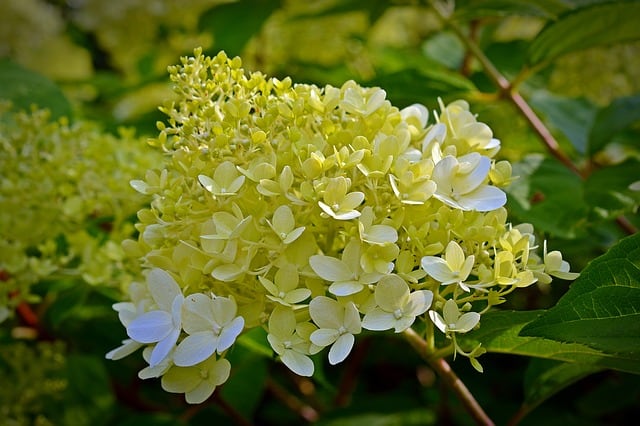
Hydrangea Anomala Petiolaris
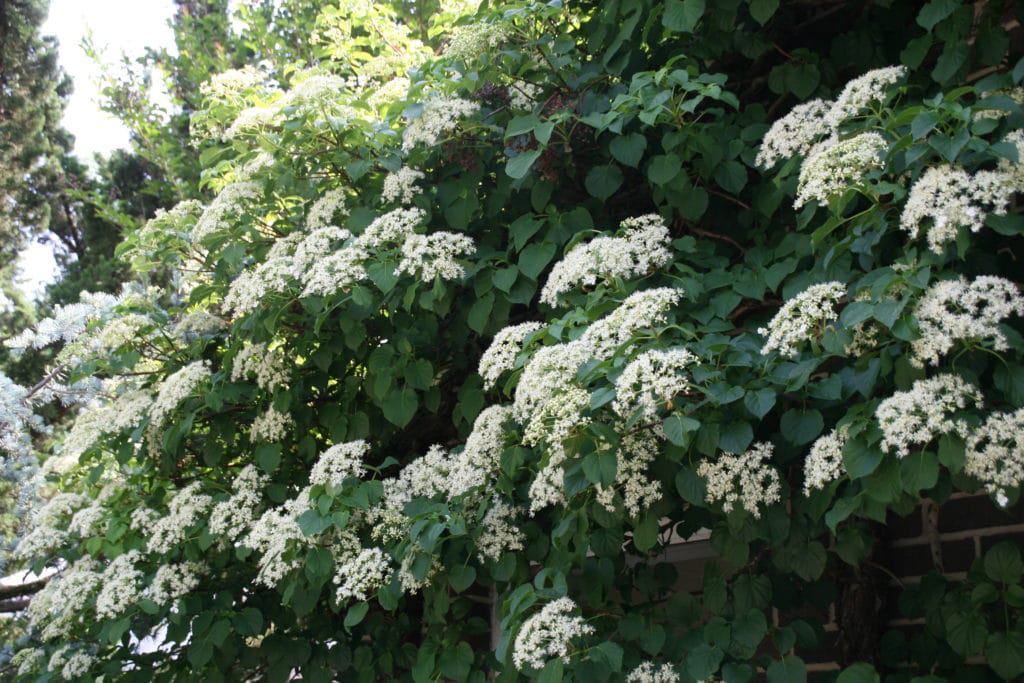
Hydrangea Arborescens
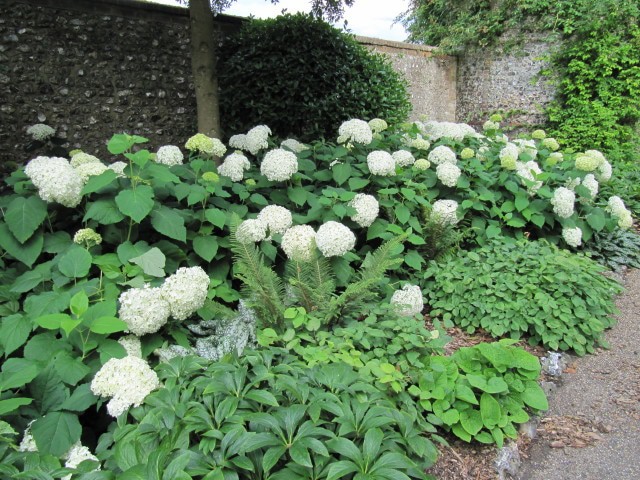
Hydrangea Paniculata
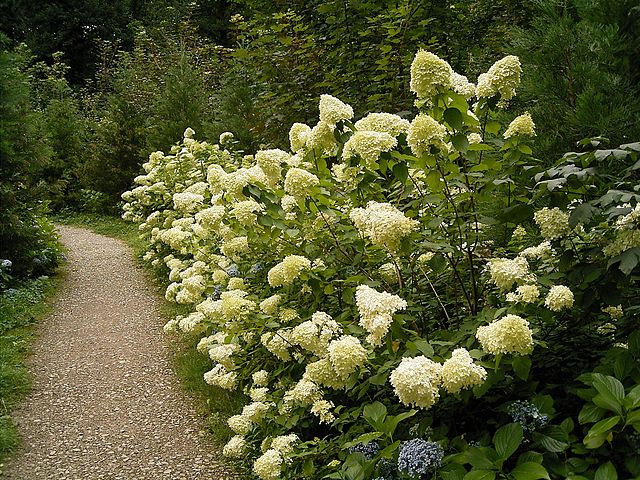
Climbing Hydrangea
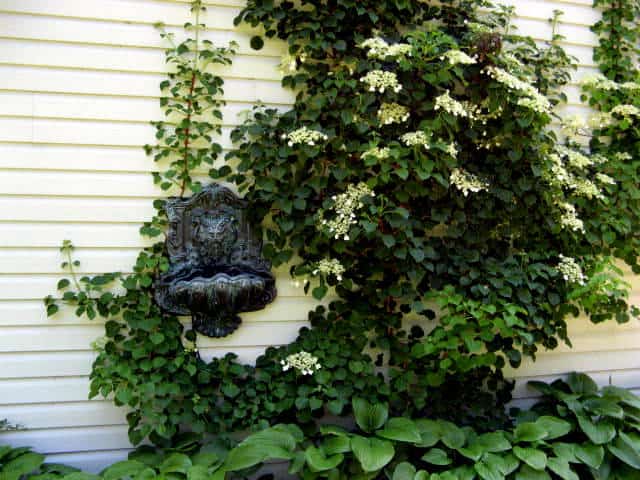
Smooth Hydrangea
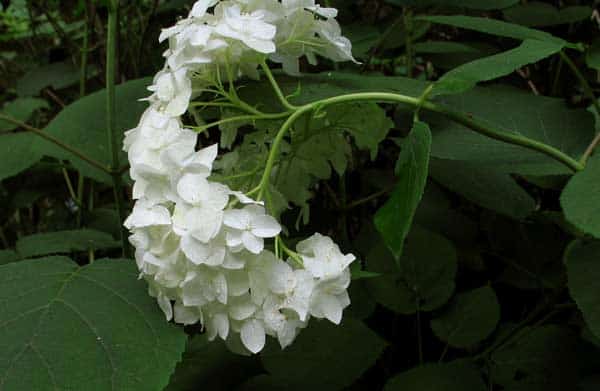
SEE ALSO>>>>Do deer eat roses?
A Personal Observation
Deer visit our yard frequently. By frequently, I mean just about every night. Their favorite things to eat have been the hostas and the garden before we fenced it. They have had ample opportunity to eat our hydrangea tree, which sits in close proximity to the hostas and the garden. However, they have never touched it, at least not visibly, in about ten years since we planted it. We would not bet that this hydrangea is immune from deer, but it appears there are far too many other palatable options in the neighborhood that take priority over this tree as a meal.
Hydrangeas: Deterring Deer
The best method to deter deer is a fence. However, this is not a practical option for most people. Deer can jump approximately 8 feet, therefore, a fence needs to be quite tall to completely deter deer.
A more practical option is deer repellent such as Deer Out or Bobbex, which can be sprayed onto the hydrangeas to make the plants less palatable. It is important to apply and reapply the spray as directed by the manufacturer on the label. Many people do not have success with these repellents because they fail to follow the directions.
Another method that may be considered is a motion activated sprinkler. The Orbit 62100 sprinkler has options for both day and/or night motion detection. When a deer walks in the path of the motion detector, the sprinkler turns on and likely scares off any animals in the immediate vicinity.
Lastly, the chances of deer eating hydrangeas in the winter tends to be greater since food sources are often scarce. You should consider covering your hydrangeas during this season to deter deer.

